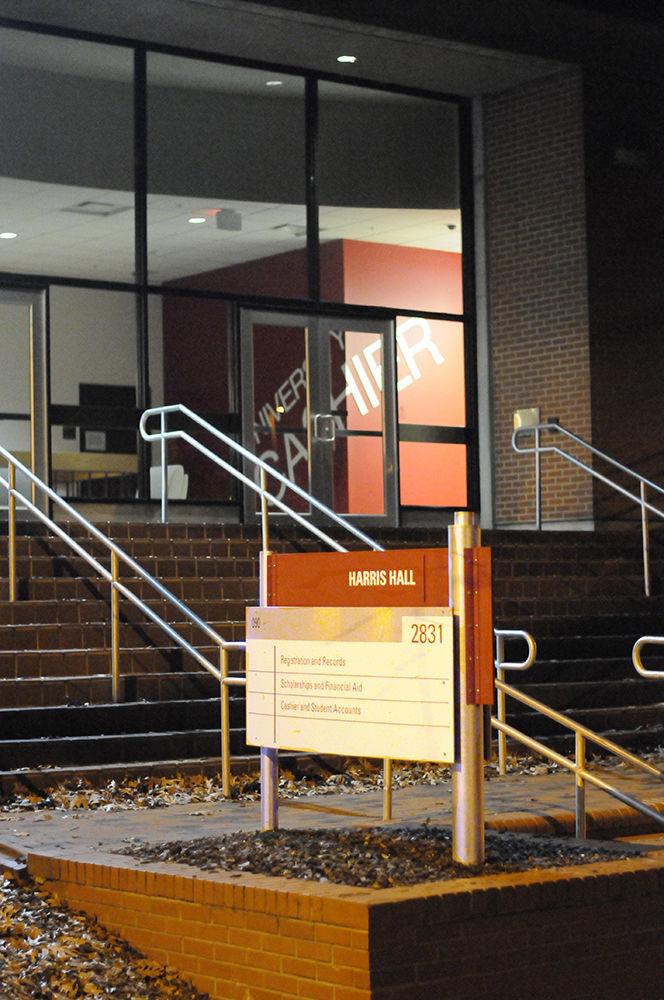A 50% tuition surcharge encouraging a four-year graduation period for degree-seeking undergraduates was repealed by the NC Board of Governors on July 1, 2019. According to Maria Brown, director of the NC State Cashier’s Office, this change has been in effect since fall 2019 and has been viewed positively by most administration.
Brown said the surcharge was previously in place to limit the number of credit hours students took during their undergraduate degrees.
“The tuition surcharge was additional tuition money that you had to pay if you exceeded more than 140 degree credit hours to complete your undergraduate degree in four years, or more than 110% of the credit hours necessary to complete your degree program,” Brown said. “In other words, you can’t stay forever.”
From fall 2016 to spring 2019, there were 1,122 instances of a tuition surcharge being applied, affecting 788 students in total, according to Brown. She said the surcharge was particularly harmful to lower-income students and students who had changed majors.
“There was the opinion that it was being punitive to certain classes of students, maybe some of the lower income students, that came here not as fully prepared, without the AP, those sort of things,” Brown said. “It just took them a little bit longer.”
A fixed tuition rate and the tuition surcharge, Brown said, were the two main financial incentives and consequences placed on students to encourage a four-year graduation rate.
“In 2016, we started the fixed tuition rate, so if you became a freshman in 2016, you locked in your tuition rate for four years,” Brown said. “At the end of the four years, if you haven’t graduated, you go up to the next tuition rates. You’re already being encouraged heavily to finish in four years, so the surcharge was an additional thing.”
Brown said many students would be unaware of the tuition surcharge until they received their tuition bill.
“Some students just didn’t do so well and stayed a long time,” Brown said. “They would pay six semesters in a row, so it was a lot of money.”
Emma Carter, student body president and fourth-year in sociology and international studies, estimated that less than half the undergraduate population was aware of the tuition surcharge when it was in place.
“I know we have had students that have gone over [the credit hour limit] just trying to figure out what they want to do, and they take certain classes that fall out of their degree program,” Carter said. “It allows students the flexibility to take classes that they’re interested in that maybe fall outside of their degree program.”
Carter said she supports the repeal of the tuition surcharge in order to encourage students to learn more while still being able to complete their degrees.
“A lot of students, they’re still completing their degree in four years or five years,” Carter said. “But not having to worry about that additional tuition if they want to take something that they’re interested in, it is just a sense of relief for students.”
To learn more, students can visit the Student Services Center website.








